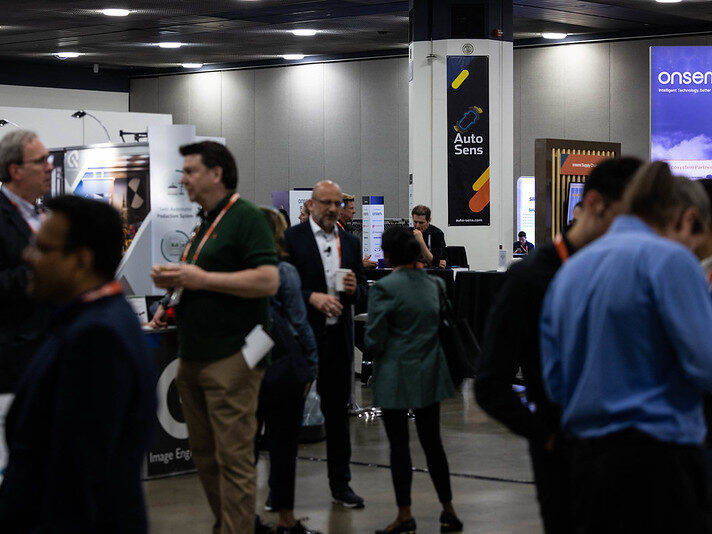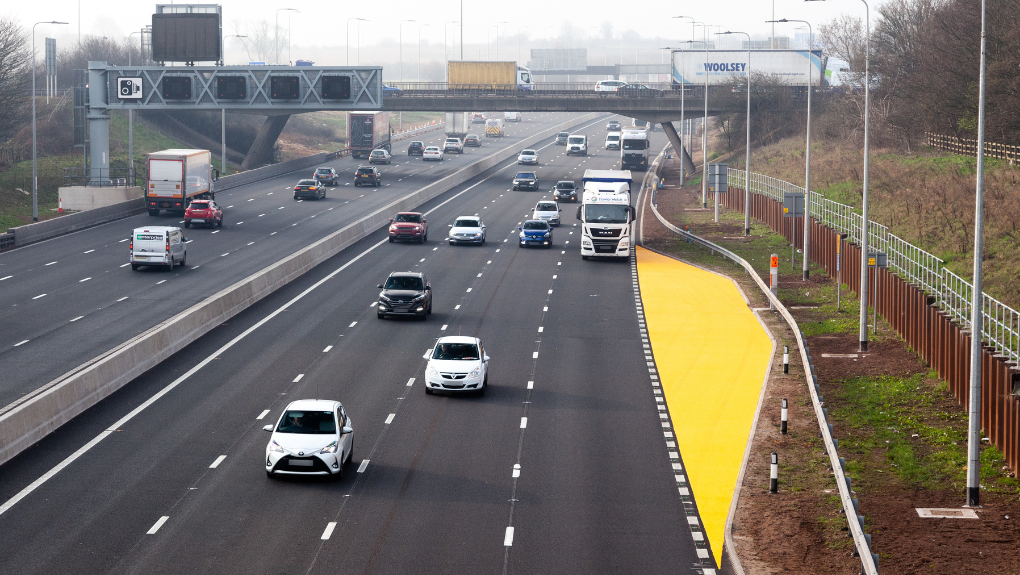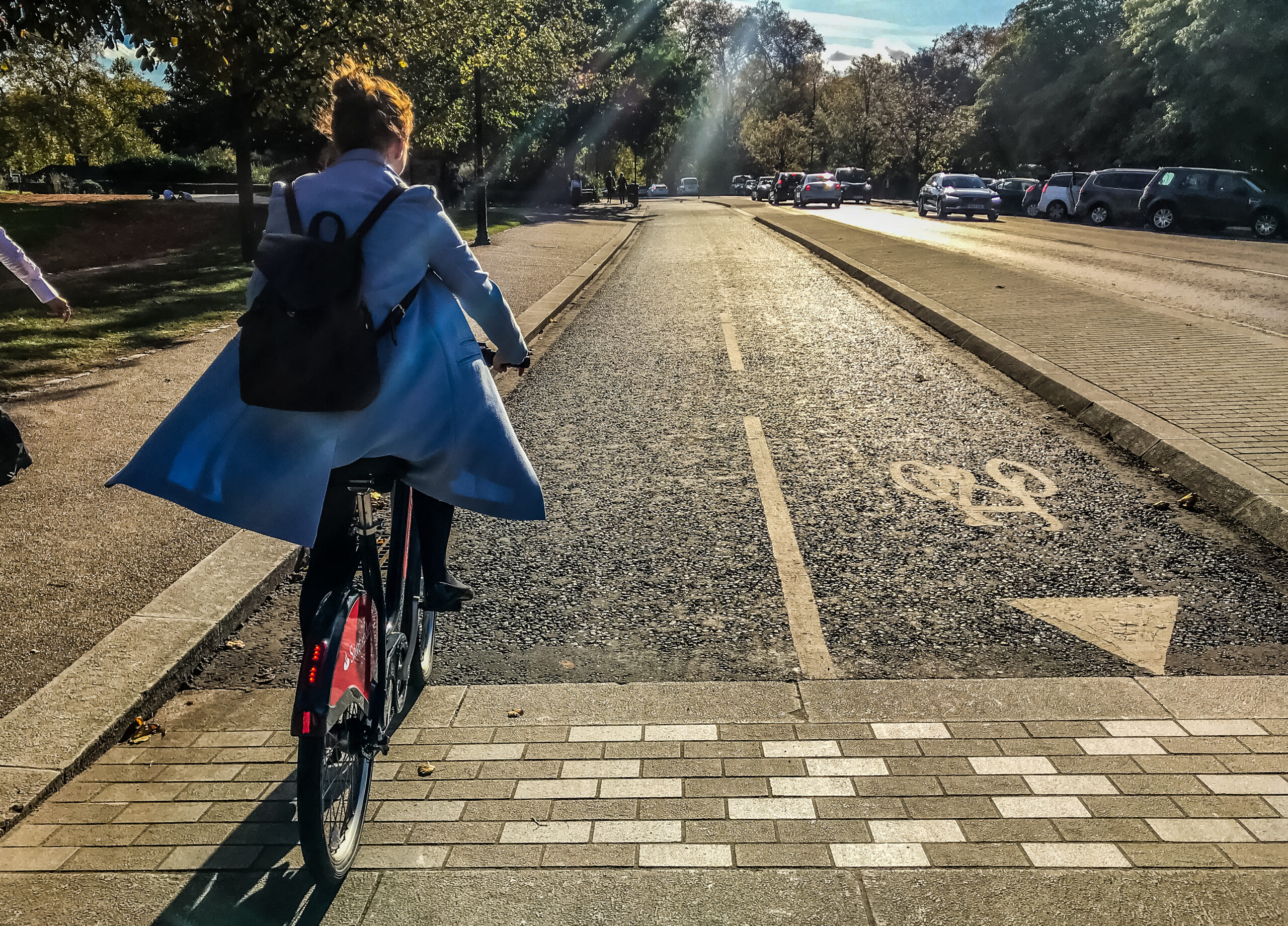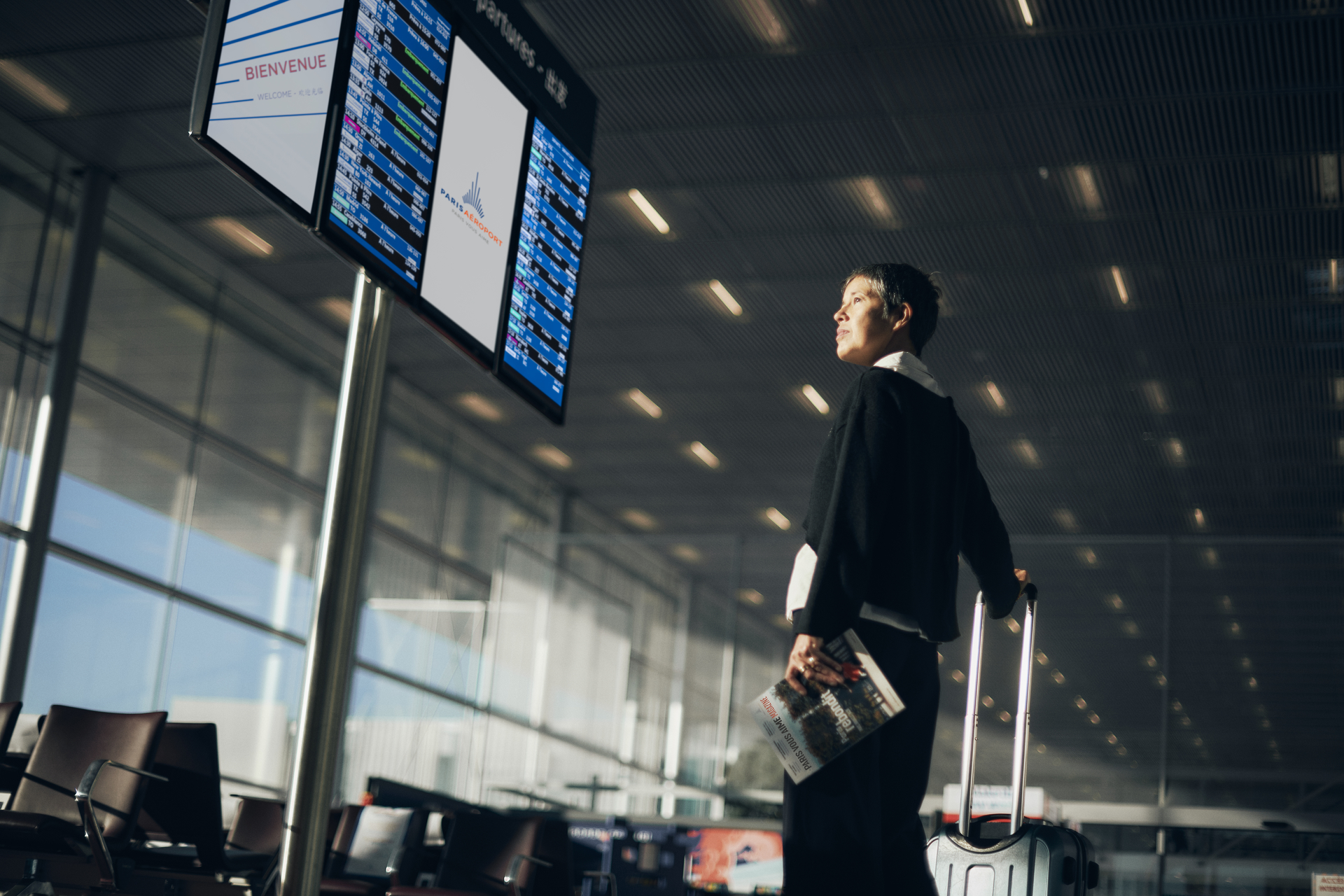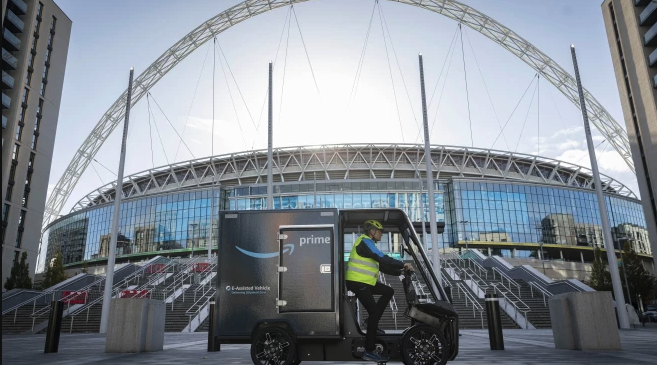The UK government has provided funding to Virgin Atlantic to operate the world’s first net zero transatlantic flight in 2023 using solely sustainable aviation fuel (SAF).
This project will see one of Virgin Atlantic’s Boeing 787s, powered by Rolls-Royce Trent 1000 engines, take off from London Heathrow (LHR) and land at New York’s John F. Kennedy Airport (JFK).
The flight is expected to be fuelled by SAF made primarily from waste oils and fats. The use of 100% SAF, combined with carbon removal through biochar credits, which trap and store carbon taken from the atmosphere, will make the net zero flight.
Carbon credits work by purchasing certificates that allow the holder to emit a certain amount of carbon dioxide because the carbon dioxide is to be removed elsewhere.
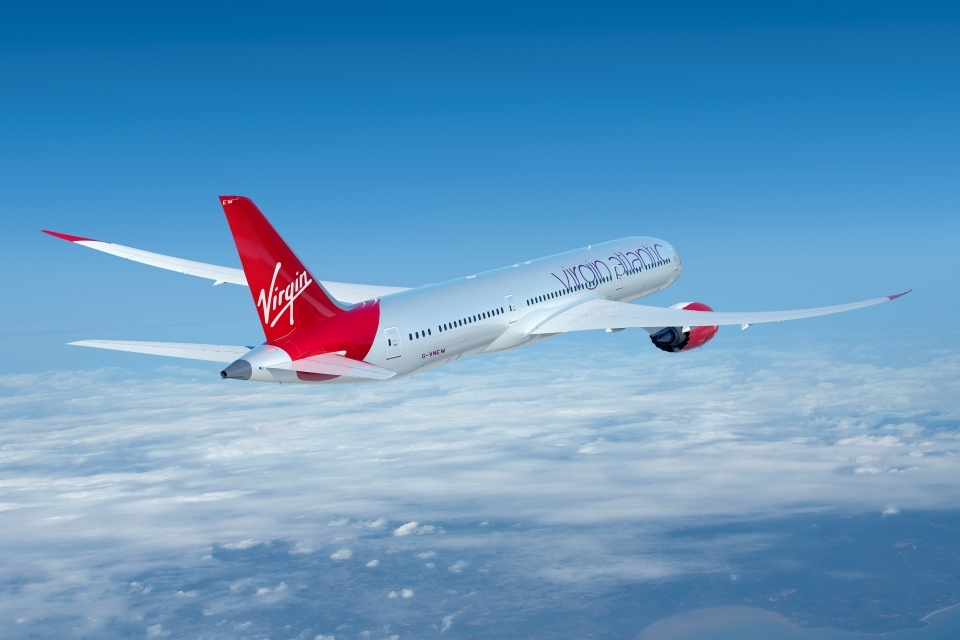
When fully replacing conventional fossil jet fuel, SAF can reduce lifecycle carbon emissions by over 70%. SAF is therefore viewed as a key component for decarbonising aviation.
In addition, the SAF industry could provide the UK with an annual turnover of 2.4 billion GBP by 2040 and support up to 5,200 UK jobs by 2035.
Transport Secretary Mark Harper said:For decades, flying from London to New York has symbolised aviation’s ability to connect people and drive international progress. It’s now going to be at the forefront of cutting carbon emissions from flying.
Not only will this flight pave the way for future generations, but it will demonstrate just how much we can achieve when we work together on a shared goal – bringing together some of the best businesses and academics in the world and led by a British airline.
Despite the potential for SAF to help decarbonise the aviation industry, significant challenges remain, such as the need to scale up SAF production and increase the existing limit on how much SAF is permitted in jet engines.
Currently, a maximum of 50% SAF blended with kerosene can be used in commercial jet engines. By using 100% SAF, this project aims demonstrate its potential to further decarbonise flights.
Shai Weiss, Virgin Atlantic CEO said:As an airline founded on and committed to innovation, we’re proud to lead a cross-industry consortium of partners to make aviation history by operating the first ever 100% SAF flight across the Atlantic. Virgin Atlantic’s inaugural flight in 1984 was to New York and today it continues to be one of our most popular routes. It will be an honour to pave the way for this important business and leisure route to become even more sustainable.




